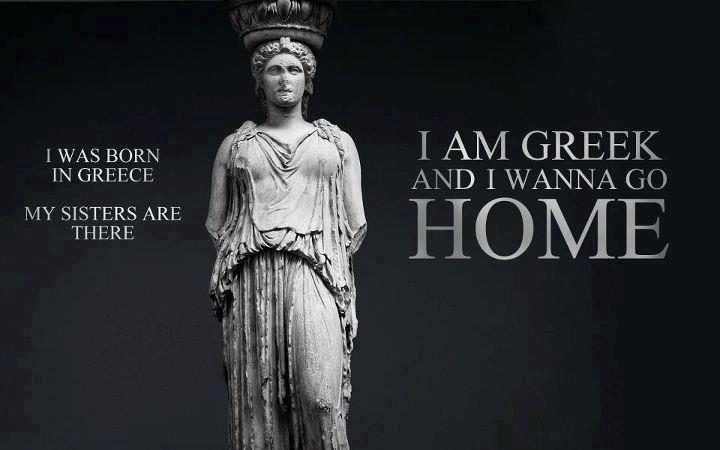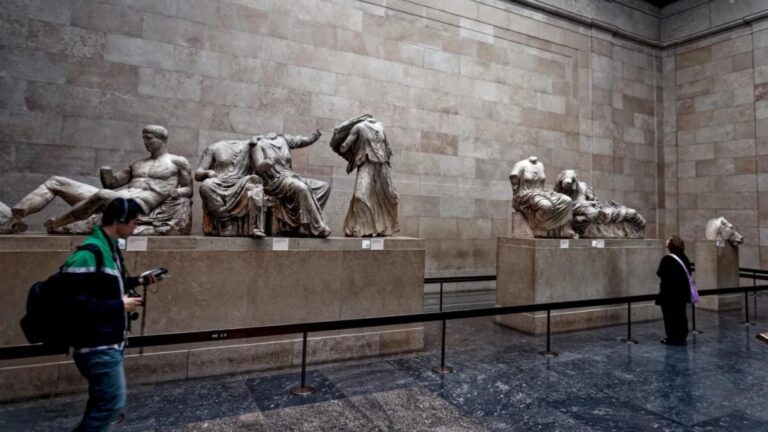Greek Community of Melbourne (GCM) President Bill Papastergiadis OAM and the GCM Board of Directors have sent an official letter to ABC channel to express their deep concern and disappointment at recent coverage of the Parthenon Marbleswhere they were systematically called the “Elgin” marbles.
GCM has corrected this misrepresentation and requested a correction to ensure accurate representation of these important cultural artifacts, as well as an official apology from ABC.
THE Marbles of the Parthenon, Known colloquially as the ‘Elgin’ marbles due to their removal by Thomas Bruce, the 7th Earl of Elgin, from the Parthenon in Athens in the early 19th century, they are of immense importance to the Greek community around the world.
In a press release, the GCM said it is crucial to recognize that the use of the term “Elgin Marbles” may contribute to a biased narrative, overshadowing the broader historical and cultural context.
“This inadvertently perpetuates the narrative of their suppression rather than recognizing their intrinsic connection to the Parthenon and the broader cultural context,” the statement added.

“These artifacts represent the pinnacle of ancient Greek art and architecture and are an integral part of Greece’s cultural heritage. Referring to them only by the name of the person responsible for their deportation could inadvertently diminish their importance and circumvent ongoing discussions about their repatriation to Greece.
GCM Secretary Nick Koukouvitakis added: “More neutral and precise terminology, such as ‘Parthenon Marbles’, would better reflect the broader cultural and historical context of these artifacts.
Mr Papastergiadis said: “The return of the Parthenon Marbles is not simply a matter of national pride, but a universal call to honor the integrity of cultural heritage. It is a gesture that transcends national borders and promotes a common commitment to safeguarding the world’s cultural heritage.
“Their return to Greece signifies the restoration of a fragmented narrative, allowing these masterpieces to be appreciated within the cultural and historical landscape that gave them life. Let them breathe again on the soil that gave birth to their meaning,” Mr. Papastergiadis said.
GCM Vice President Anthea Sidiropoulos said: “Understanding our history is the common thread that weaves resilience into our future. Without it, we risk losing the map of our progress, because history is not just a record, but a compass that guides us forward. Together, we can ensure these treasures find their home and continue to inspire generations to come.


